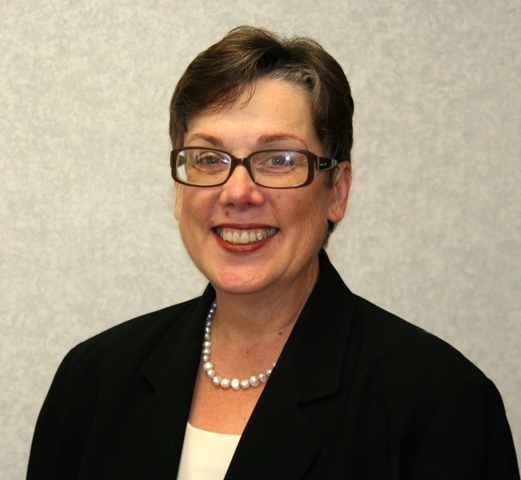Libraries are the Gateway to Opportunity
by Susan McVey
“When we had nowhere to live, we would spend hours at the library, using what I thought to be the key to the world: library computers.” Astrid Liden
Every year the New York Times issues an invitation to high school seniors across the country to submit college application essays they have written about work, money, social class, and related topics. When I read the five selected for publication in the paper this year, the one by Astrid Liden spoke to me. Not just because I spent forty-three years working in libraries but because I also was a library user first. I cannot remember a time when my parents did not take me to the library so I have been a library customer much longer than an employee. Now that I am retired I am still a library user and expect to be until I die.
What is the value of a library? Terri McFadden, President of the Georgia Chapter of the American Academy of Pediatrics and the Medical Director of the Reach Out and Read Georgia program, put it this way: “My mother, a middle school librarian and an avid reader, prioritized education and instilled in me the lesson that reading is the gateway to opportunity.” The public library offers all comers the opportunity to improve their current life situation in many ways. For some who want to help their children succeed in school or help themselves advance in their careers, there are many tools to increase their skills and understanding. Libraries support families who are homeschooling their children as well as those in public or private schools.
When I was growing up there was no bookstore in our town and books would have been a luxury to buy. We talk these days of food deserts but then the library was the only source of publicly available information and stories. Now the library is more than books in hardcovers. It is online downloadable books, magazines, music, movies, newspapers, historical documents, and computers with high speed Internet connections. Public libraries are often the only free access many have to computers and the Internet.
In the college application essay we learn that Astrid is now working in a library. She states: “By working at a place that gave me so much, I have learned to give back. I now have the opportunity to open the library to others, just as it was opened up to me.” It is incredibly moving to read Astrid’s essay and see reflected in her story the experience I had in my personal and work life mirrored back.
I remember visiting a library in a small town in Oklahoma where the mayor met us at the building we had come to see dressed in overalls telling us “a town without a library isn’t much of a town.” Seeing the value Astrid places on libraries, I believe the coming generation will continue the public support for this most treasured institution and I am content.

